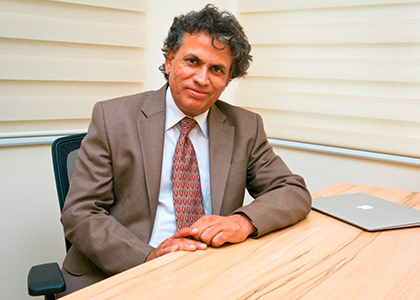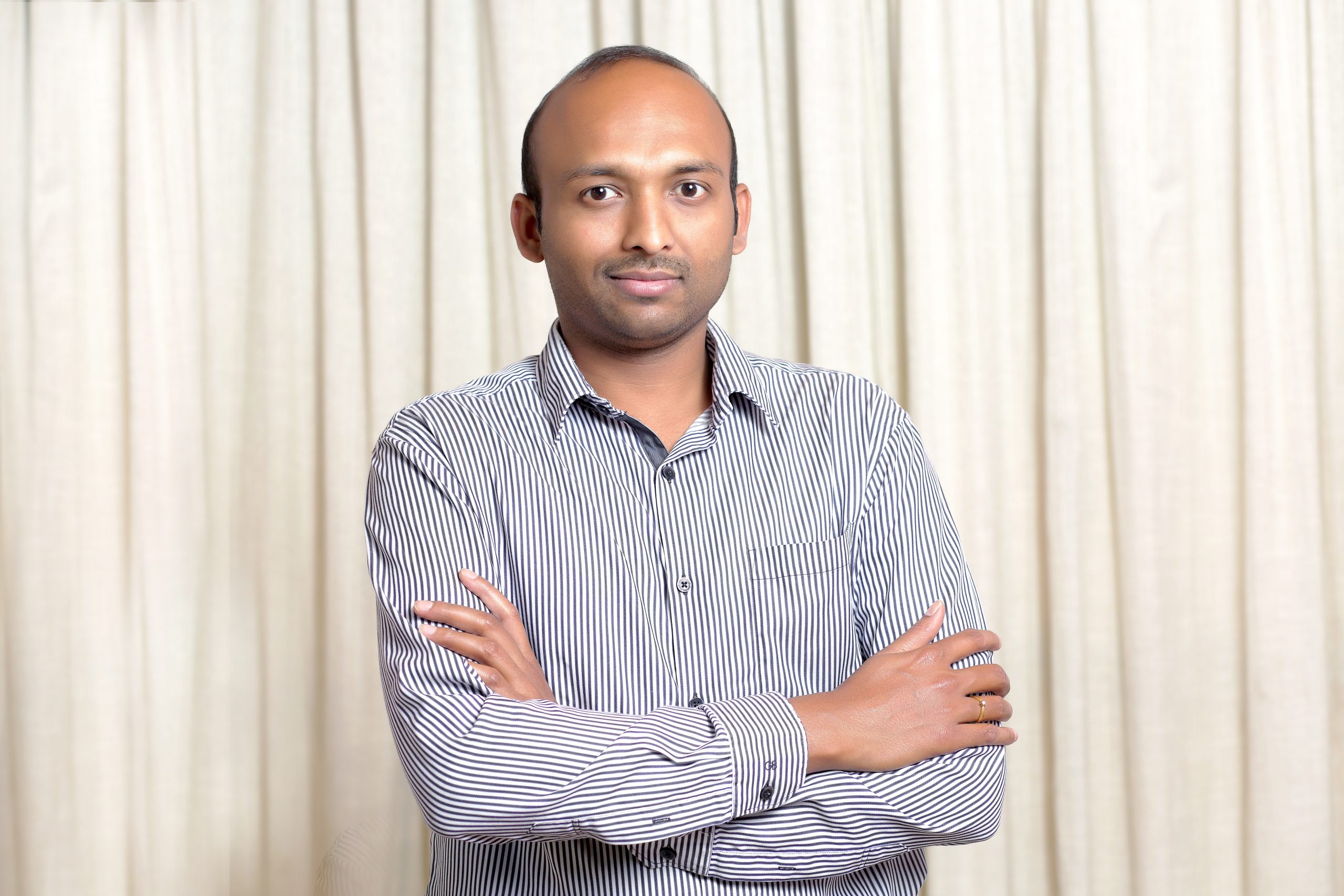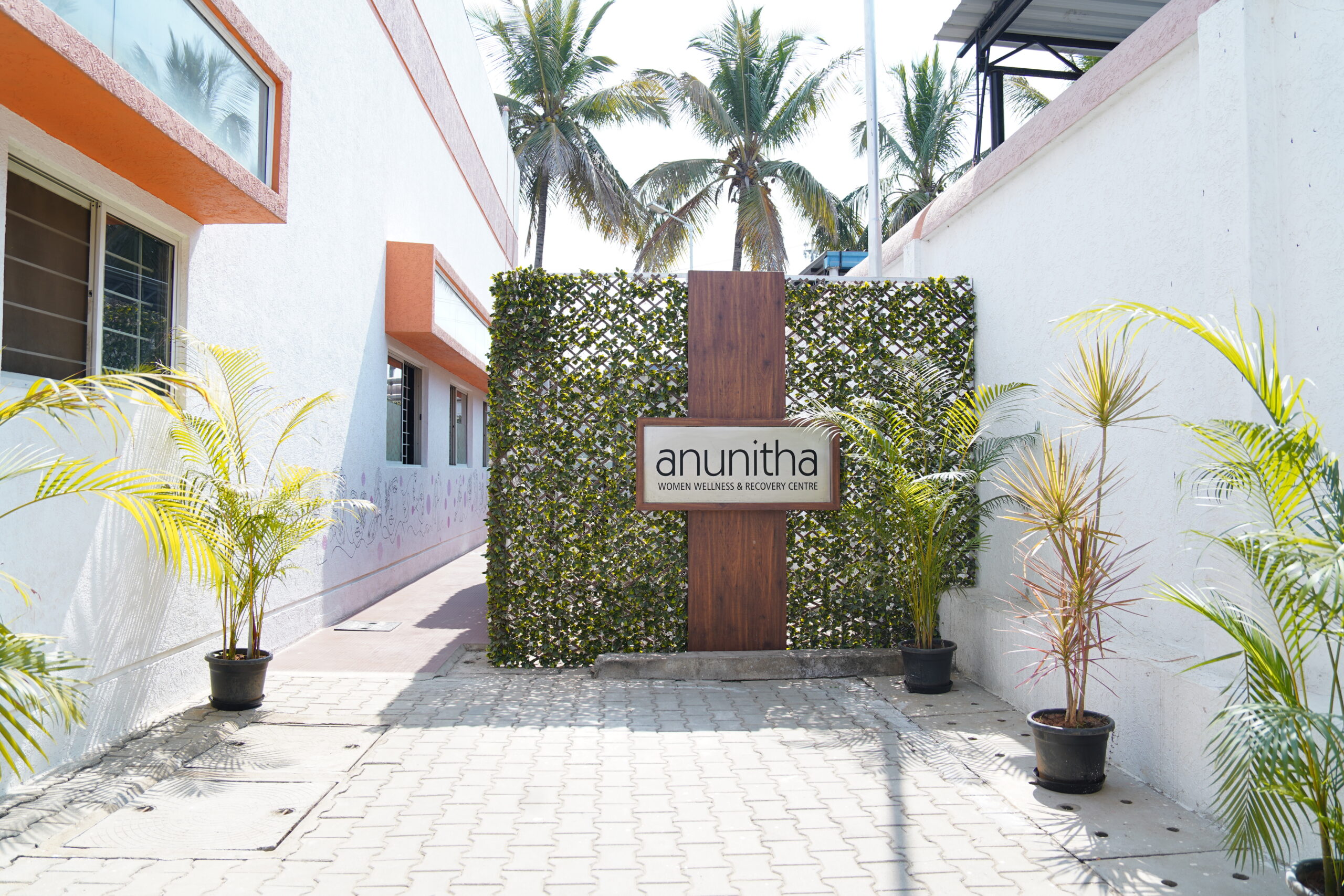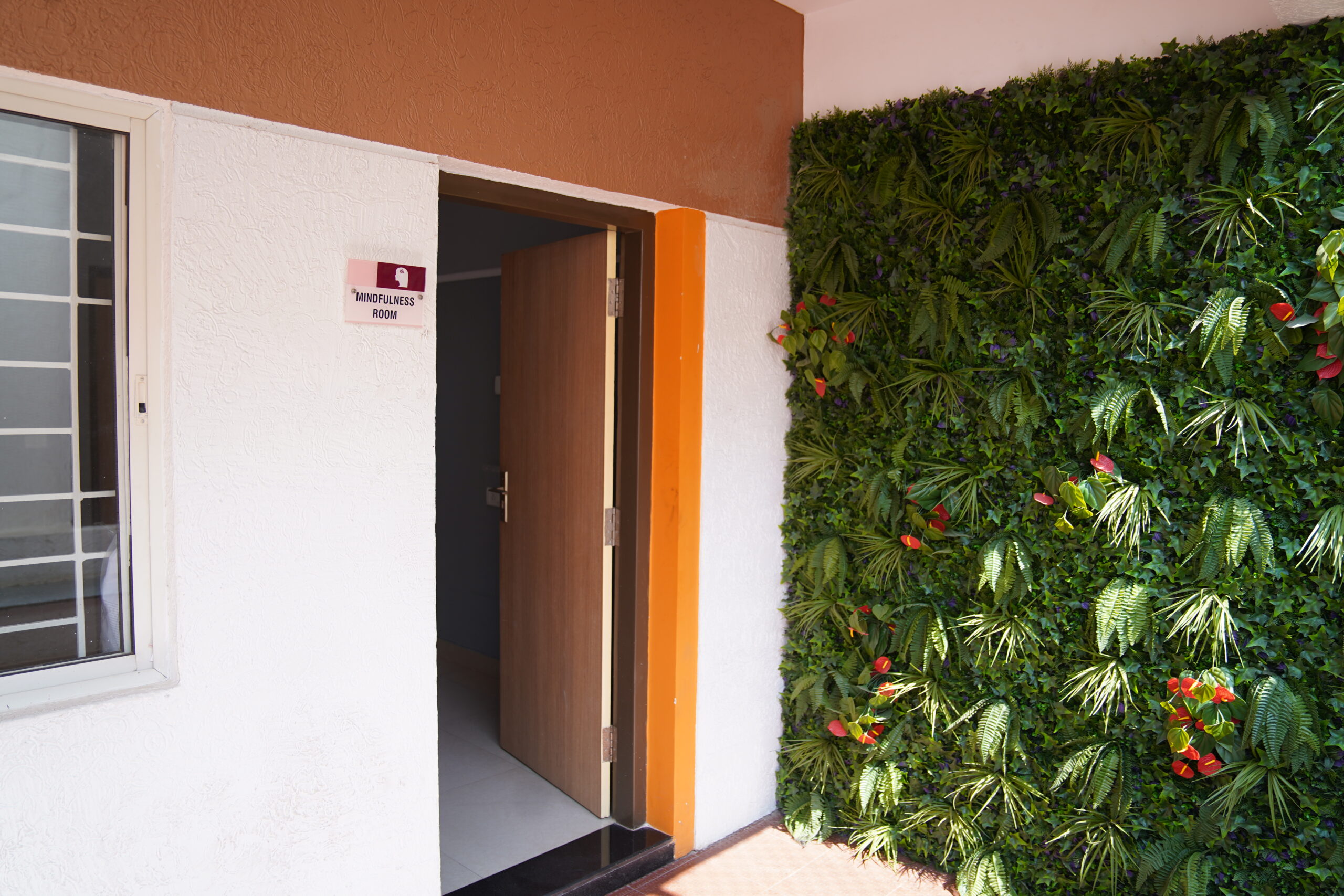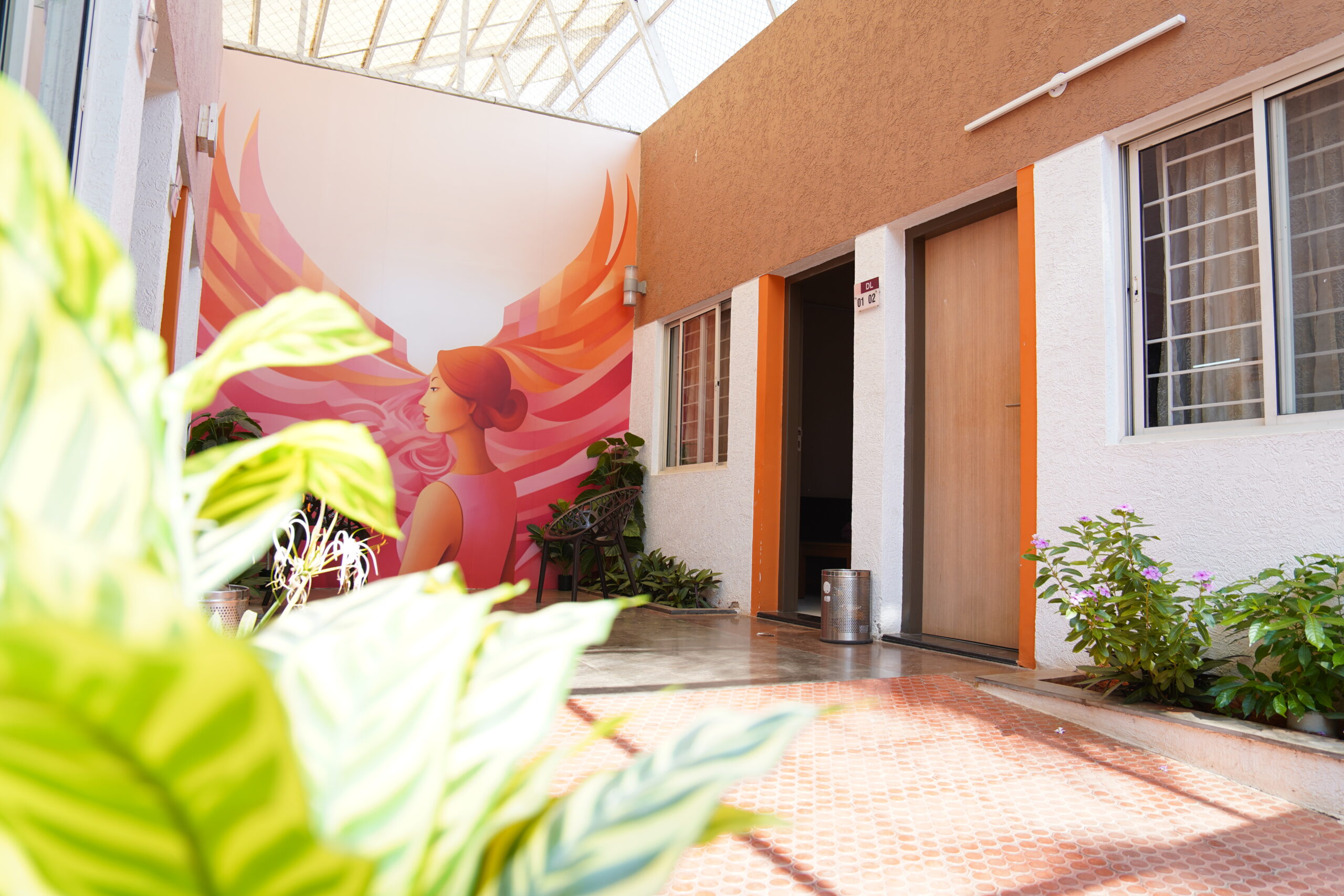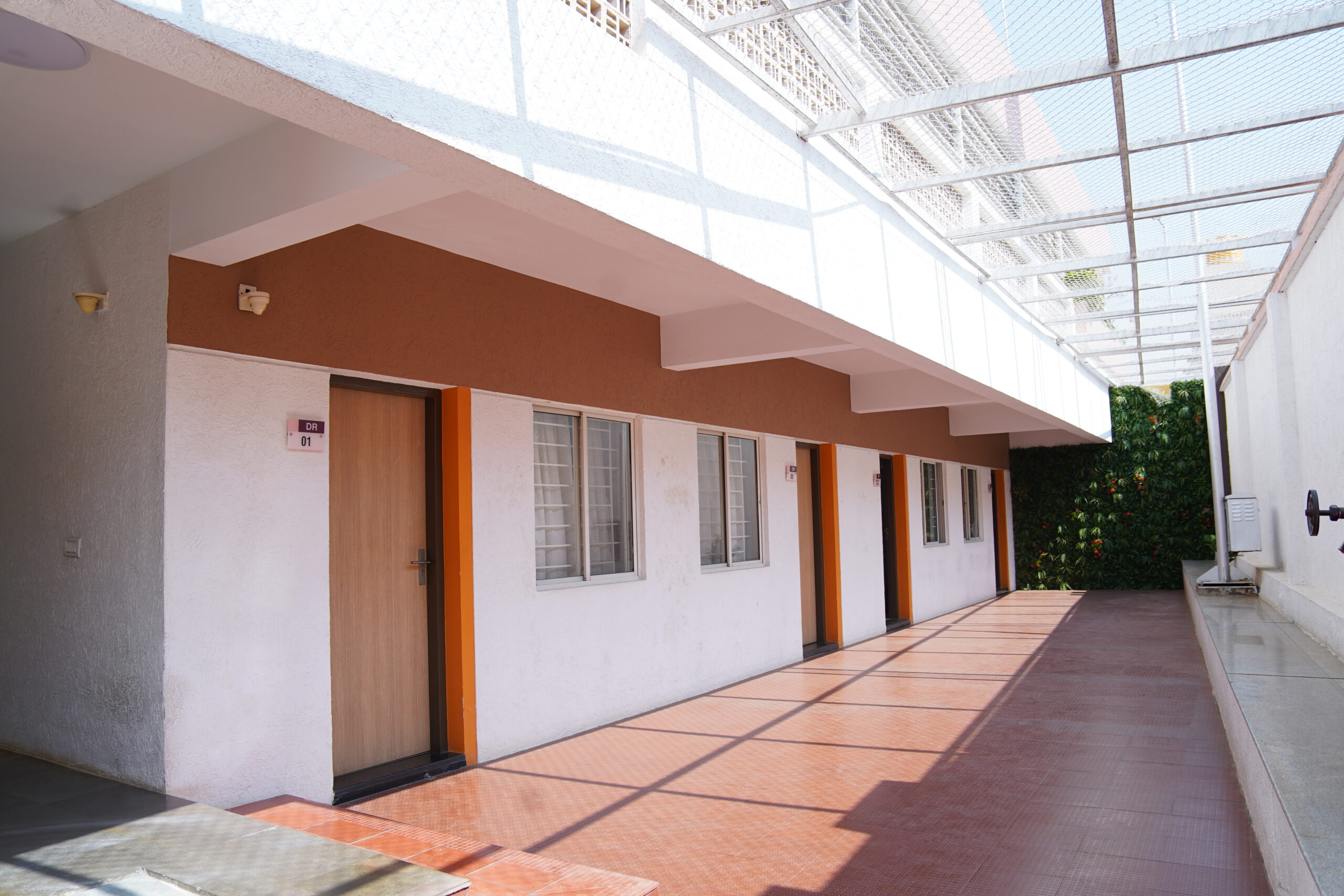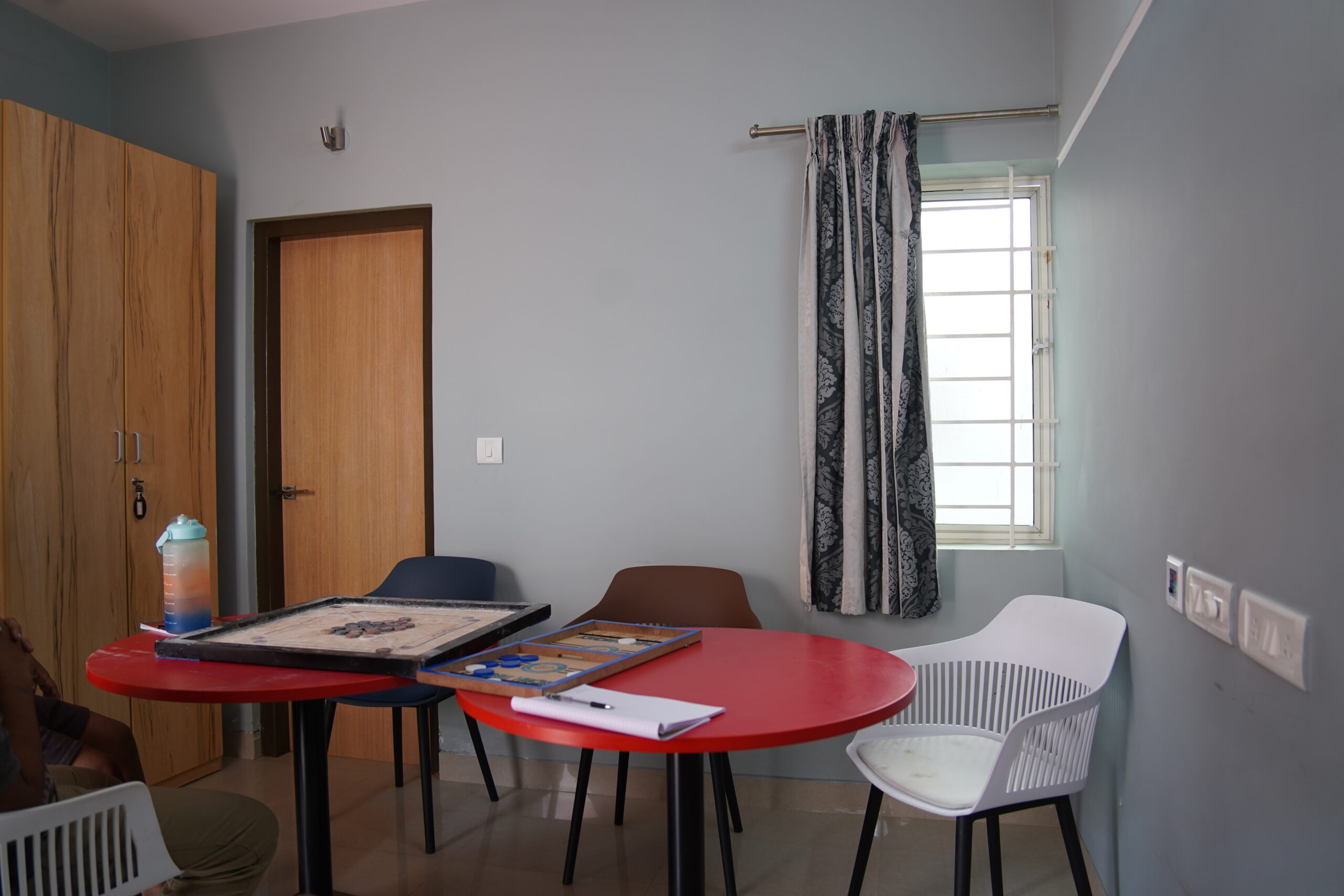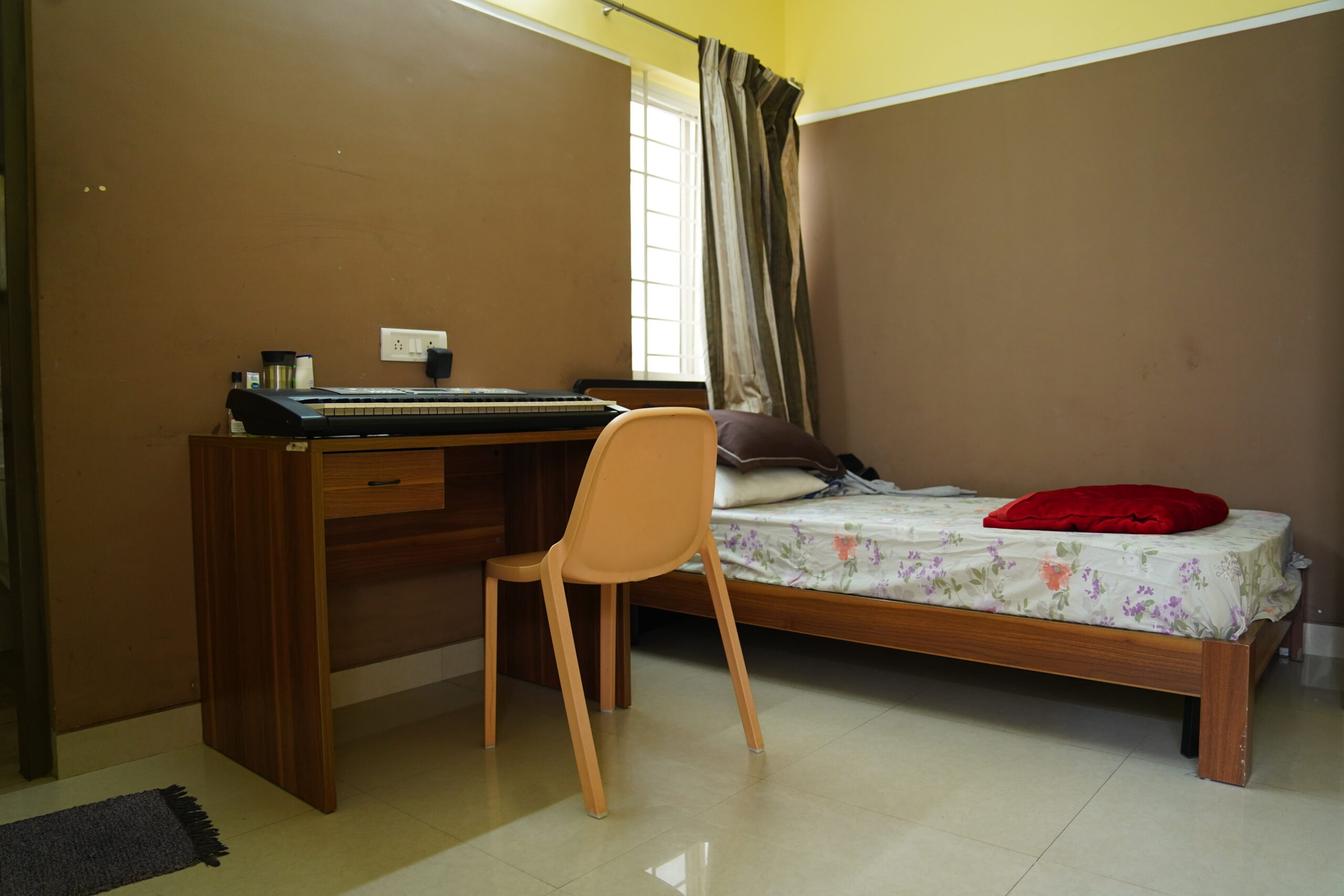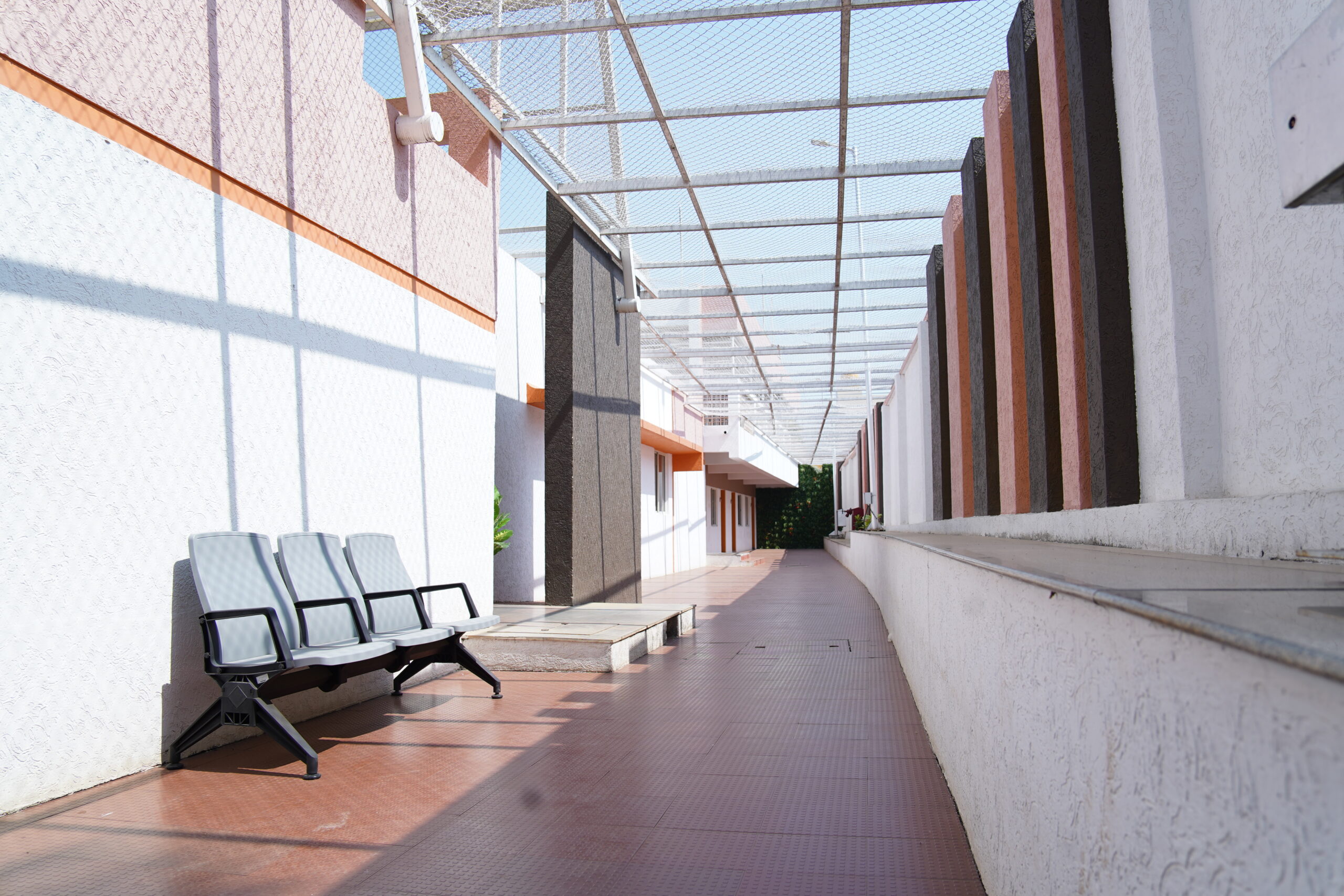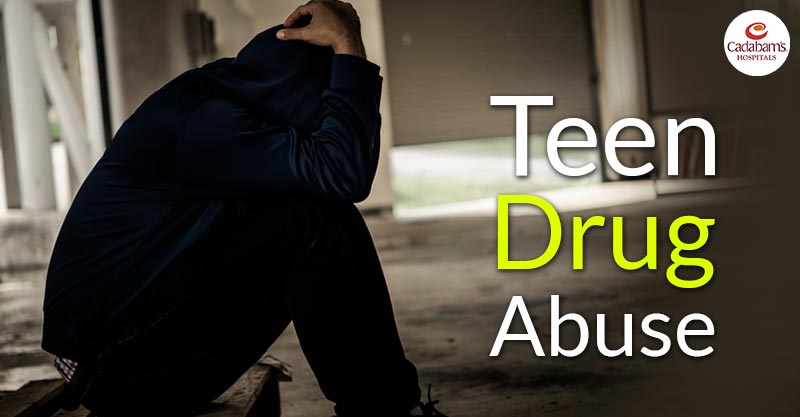The Foundation of Family Therapy in Addiction Care
The family can be a great and essential foundation when battling addiction. The management relies on the support from the family, and the communication amongst the members needs to be strong. Some key aspects include:
Principles and Goals of Family Therapy for Addiction
The principles and goals of family therapy in cases of addiction are driven by encouragement understanding, support, as well as effective communication in the family unit. The approach empowers family members to deal with the challenges posited by the illness, which in turn can foster empathy and alleviate stress for everyone involved. Some key aspects include stress relief techniques, problem-solving skills and psychoeducation on the subject. It focuses on making the family environment a cool and calm one, which can facilitate the recovery process by dealing with the emotions that come up.
How Family Therapy Complements Individual Treatment Plans
Family involvement in the treatment plans can make the process so much easier. If they can support you in the way you want, then it can be great and will promote holistic healing. Cadabam’s will equip the caregivers, through psychoeducation and skill-building, with tools to be able to get through challenges in a positive way. A supportive environment is essential for recovery since we want to improve overall well-being as well. Acknowledgement of individual struggles in the family can ensure sustained progress in managing addiction.
The Process of Family Therapy: What to Expect
At Cadabam’s a supportive environment is created, where all kinds of thoughts and emotions are given value. There are usually some sessions on psychoeducation, problem-solving skills and stress management. The idea is that the family as a whole should be able to gain these skills so that they can foster empathy and battle communication blocks.
Long-term treatments are usually taken since the plans are always tailor-made to one’s specific needs. A deeper understanding will be able to face the challenges head-on, and will also promote a loved one’s recovery.
At Cadabam’s Hospitals, compassionate psychiatrists in Bangalore offer individualized care to help you heal and thrive
Key Techniques and Approaches in Family Therapy for Addiction
At Cadabam’s, we put together many essential techniques and approaches, to address the issues faced by the family and patient. These techniques include:-
Communication Skills Building within Families
Structured exercises are a part of the process, and open dialogues are always encouraged in the family. Understanding and empathy need to be cultivated among the family members so that a healthy relationship can bloom. Building resilience to the challenges of addiction also needs to be communicated.
Conflict Resolution Strategies for Families
The conflict within the family should be solved by discussing things. Compromising and fostering mutual understanding can make things easier for everyone involved. Harmony in the family unit is promoted, wherein stress can be reduced as well as managed, and a supportive environment is created to help the patient get better sooner.
Enhancing Coping Mechanisms for Family Members
Emotional taxation is to be expected when one supports any loved one who is addicted. Family members need to build their resilience by prioritising self-care and healthy habits. Education is able to help understand mental illness and reduce expectations. Support groups are able to promote connections with others in the same boat. They are also able to help navigate difficult situations, and thereby provide better care.
Educating Families on Addiction Management
Our professionals at Cadabam’s will be able to help you along the process where you can learn by getting into support groups and having access to many educational resources. Having knowledge about addiction is necessary for the betterment of the family overall. It will demystify the illness, and explain the symptoms better.
Treatment options are also discussed, as well as the methods to prevent relapse, which can be essential. The illness should be understood so that one can manage their expectations and provide the kind of support that is needed.
Building a Supportive Home Environment
A calm environment is one where one is able to grow and deal with addiction. Routines in the home should be established – for meals, sleep, medicine etc. Excessive noise should be avoided. Talking openly and actively listening should be encouraged so that their experiences can be validated without judgment. A supportive structure at home will be able to foster stability that they need for their well-being.
With a team of skilled psychologists in Bangalore, Cadabam’s Hospitals offers compassionate and customized support for mental health recovery.
The Benefits of Family Therapy for Managing Addiction
Addiction can be a challenging illness for both patients and their families and family therapy can be a good way to navigate during these tough times. Some of the key benefits of therapy are:
Improving Family Dynamics and Relationships
The best way to get help is by getting the family on board, for them to be able to cultivate empathy and help reduce the stress. The therapists at Cadabam’s can repair family dynamics by helping them develop healthier communication patterns and manage conflict effectively. The family, as a unit, is then able to support each other in the way they need to be.
Reducing Relapse Rates through Family Support
Relapse rates can be reduced if there is support from the family in the process. The family is equipped with signs and the power to identify triggers, which can allow for early intervention and medical adjustments if needed. This can prevent a full-blown relapse as well, by working together as a unit that functions in a supportive environment.
Empowering Families to Navigate Addiction Together
Family therapy empowers the family to face addiction. Therapists will equip them to communicate effectively and to be able to discuss things openly. This will be able to show a sense of responsibility that gets shared, and can also help reduce the feelings of isolation.
By working as a team with Cadabam’s, families can better manage the illness and support their loved one’s recovery journey.
Fostering Understanding and Empathy among Family Members
The gap between family members can be bridged by fostering empathy and understanding. A safe space is created by our professionals, who will be able to encourage open communication. They will encourage everyone to speak out about their fears and talk about their experiences in an open and healthy manner. By actively listening and validating each other’s feelings, families can develop a deeper understanding of the illness and its impact on everyone involved.
Our team of skilled therapists in Bangalore and therapists in Hyderabad are trained to offer compassionate, evidence-based therapy.
Get Addiction Diagnosed in Bangalore
Getting the diagnosis is key to being able to counter the effects of addiction—the earlier it is, the better. We at Cadabam’s have a whole team of psychiatrists, who are experienced in the field to be able to assess the situation, conduct proper evaluations and give an accurate diagnosis. Our multidisciplinary team ensures a holistic approach, thinking about both medical and psychological factors.
Find the Right Family Therapy Program in Bangalore
If you are looking for the right family therapy program in Bangalore, your search can end here! Our team of skilled and experienced therapists specialise in providing support to families impacted by Addiction. We offer tailored interventions to enhance coping mechanisms and improve family dynamics, which are the basic unit that needs to be held together. We provide personalised plans for each person, and we ensure that a non-judgmental and nurturing environment is there for everyone to heal under. If you or a loved one requires help, then contact us to learn more about the family therapy services we provide at Cadabam’s.
At Cadabam’s Hospitals, skilled counsellors in Bangalore offer compassionate care tailored to your emotional and mental well-being
Why Choose Cadabam’s for Family Therapy in Addiction Care?
With over 30 years of experience, we at Cadabam’s are proud to be a leading mental health centre known for its outstanding services – and here’s why Cadabam’s could be the right choice for your mental health journey:
Tailored Family Therapy Sessions at Cadabam’s
We offer personalised therapy sessions, which are designed to meet the unique needs of each family member. We foster the process so that they are able to become more understanding and open with communicating as well as developing coping mechanisms essential for navigating the challenges of addiction together.
Expertise in Family Dynamics and Addiction
With years of experience, our experts understand the complexities of family dynamics in Addiction. We provide specialised guidance and strategies to help families effectively support their loved ones while maintaining their well-being.
Comprehensive Support for Families and Patients
There is a lot of support that is provided to the family and the patients by the team at Cadabam’s, which addresses not only the symptoms but also the real practical challenges that they may face. There is enough attention laid on, to be able to care for individual needs.
State-of-the-art facilities for the Family Therapy Program at Cadabam’s
Our state-of-the-art facilities create a healthy environment for family therapy, providing comfort, privacy, and effective communication. From comfortable therapy rooms to advanced technology, we prioritise the entire family’s well-being and progress.
Ongoing Guidance and Resources for Families
At Cadabam’s, our support doesn’t end with therapy sessions. We offer ongoing guidance, educational resources, and community support to empower families in their journey with addiction
Top Addiction Doctors at Cadabam’s Hospitals
Psychiatrist in Bangalore | Psychiatrist in Hyderabad | Psychologist in Bangalore| Therapist in Bangalore
| Therapist in Hyderabad | Psychologist in Hyderabad |Counselor in Hyderabad
Rehabilitation Centres For Addiction at Cadabam’s Hospital
Rehab in Hyderabad | Rehab in Bangalore
Best Addiction Treatments Offered at Cadabams
Electroconvulsive therapy (ECT) Bangalore | Electroconvulsive therapy (ECT) Hyderabad | Group Therapy Bangalore | Neurofeedback Bangalore | Home Care Bangalore | PsychoTherapy Bangalore | PsychoTherapy Hyderabad | Cognitive Behavioral Therapy (CBT) Bangalore | Cognitive Behavioral Therapy (CBT) Hyderabad | Biofeedback Hyderabad | Biofeedback Bangalore | REBT Bangalore | Emergency Bangalore | Emergency Hyderabad
More Additional Resources About Addiction
Bhang Addiction | Porn Addiction in Teens | Internet Addiction
FAQs
What is family therapy for addiction and how does it help?
It involves involving one’s family in the treatment process, to be able to communicate better, reduce stress and enhance the coping strategies. It educates families about the illness, fosters understanding, and provides a supportive environment. This helps because it helps the person with the illness to get support, in the right kind of way, that will be able to help them in the way they need it.
Is family therapy beneficial for all families dealing with addiction?
It works for most families who have members battling with addiction, and in most cases, it is recommended as it effects and involves them in the process as well. The communication patterns matter, reduction of stress matters and fostering a sense of understanding matters as well. It is best to consult one’s healthcare professional about it so that they can guide you in the best way about it.
How does family therapy address the stigma associated with addiction?
Family therapy can address the stigma related by educating families about the disorder and promoting an understanding of the symptoms and how they work. Empathy is fostered and support is encouraged within the family as well. This process encourages acceptance and normalization of the condition within familial relationships.
What makes family therapy a critical component of addiction treatment?
Family therapy is critical when it comes to addiction treatment, because more often than not, the family also gets indirectly affected, and therefore involved in the process. It helps address dynamics within the family, which is then able to be held together to deal with the issue of addiction.
What impact might drugs have on a person’s life?
Drug use has been linked to an increased risk of mental health concerns like anxiety, depression, and psychosis, according to studies. People with mental health disorders are also more likely to have drug abuse issues.
What is the impact of addiction on the brain?
When a person develops an addiction, the brain seeks the substance’s reward. This is due to the brain’s reward system is overstimulated. As a result, many users continue to consume the chemical, which can result in a variety of euphoric experiences and odd behavioral patterns.














 Available
Available


